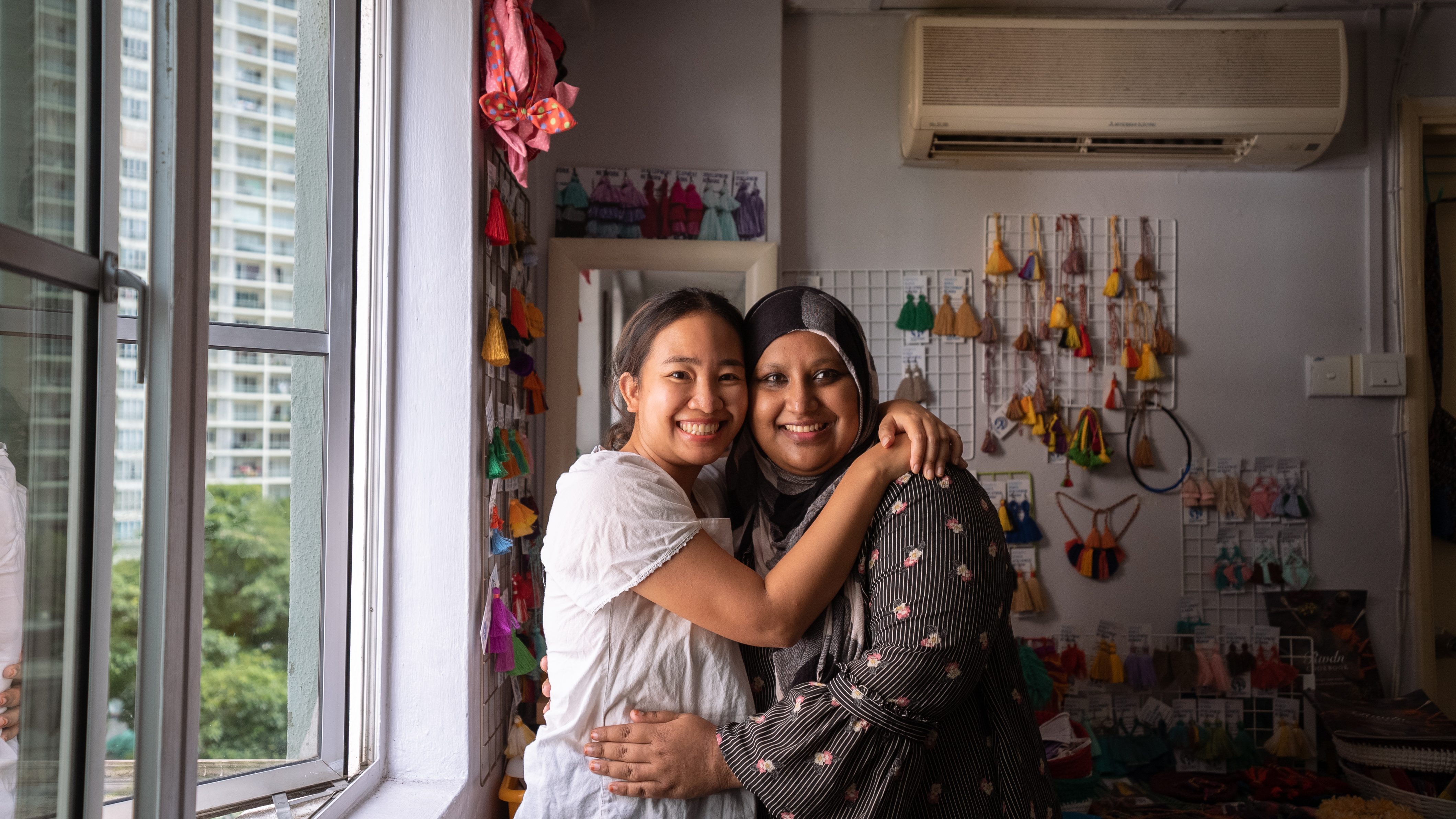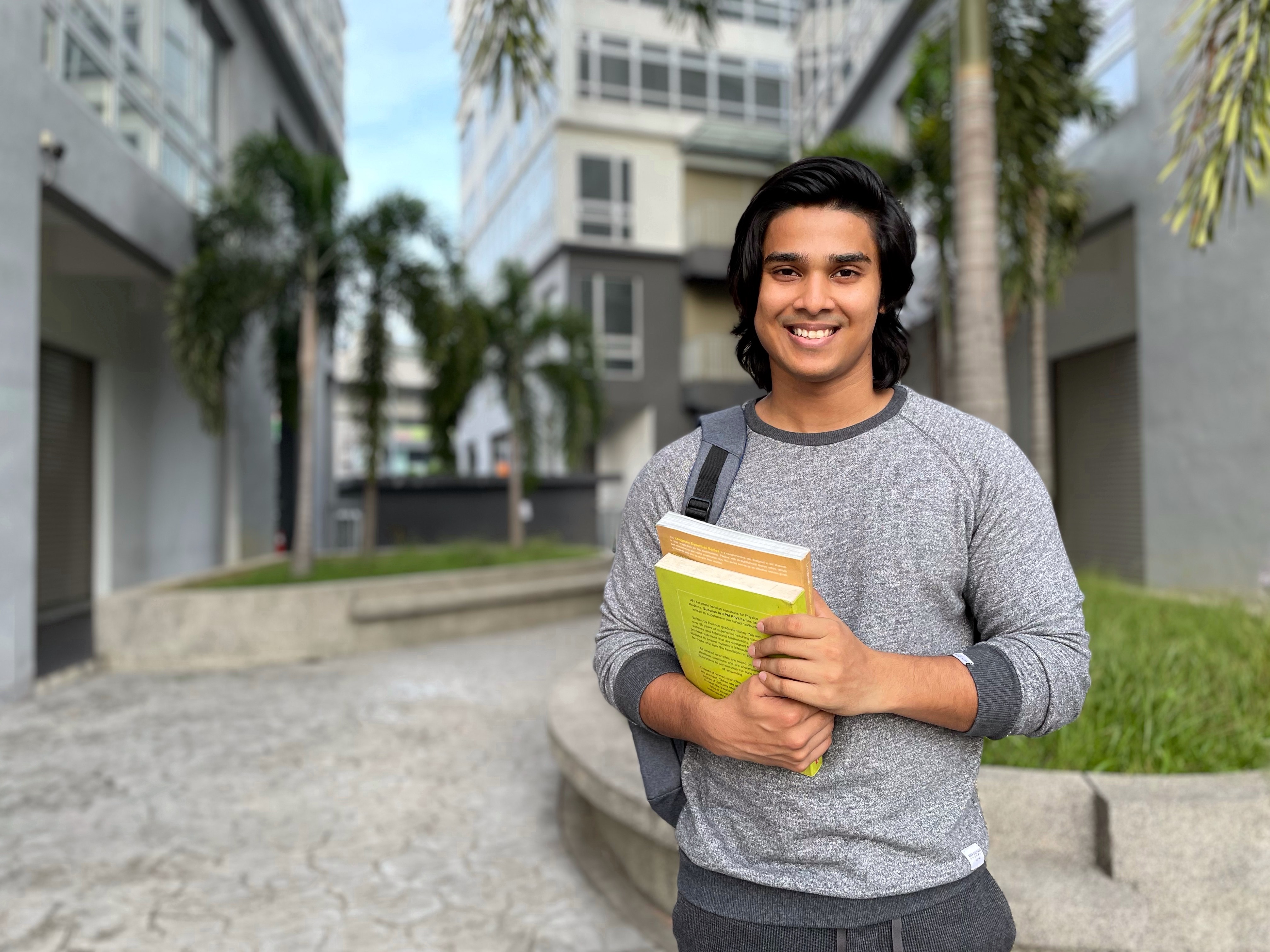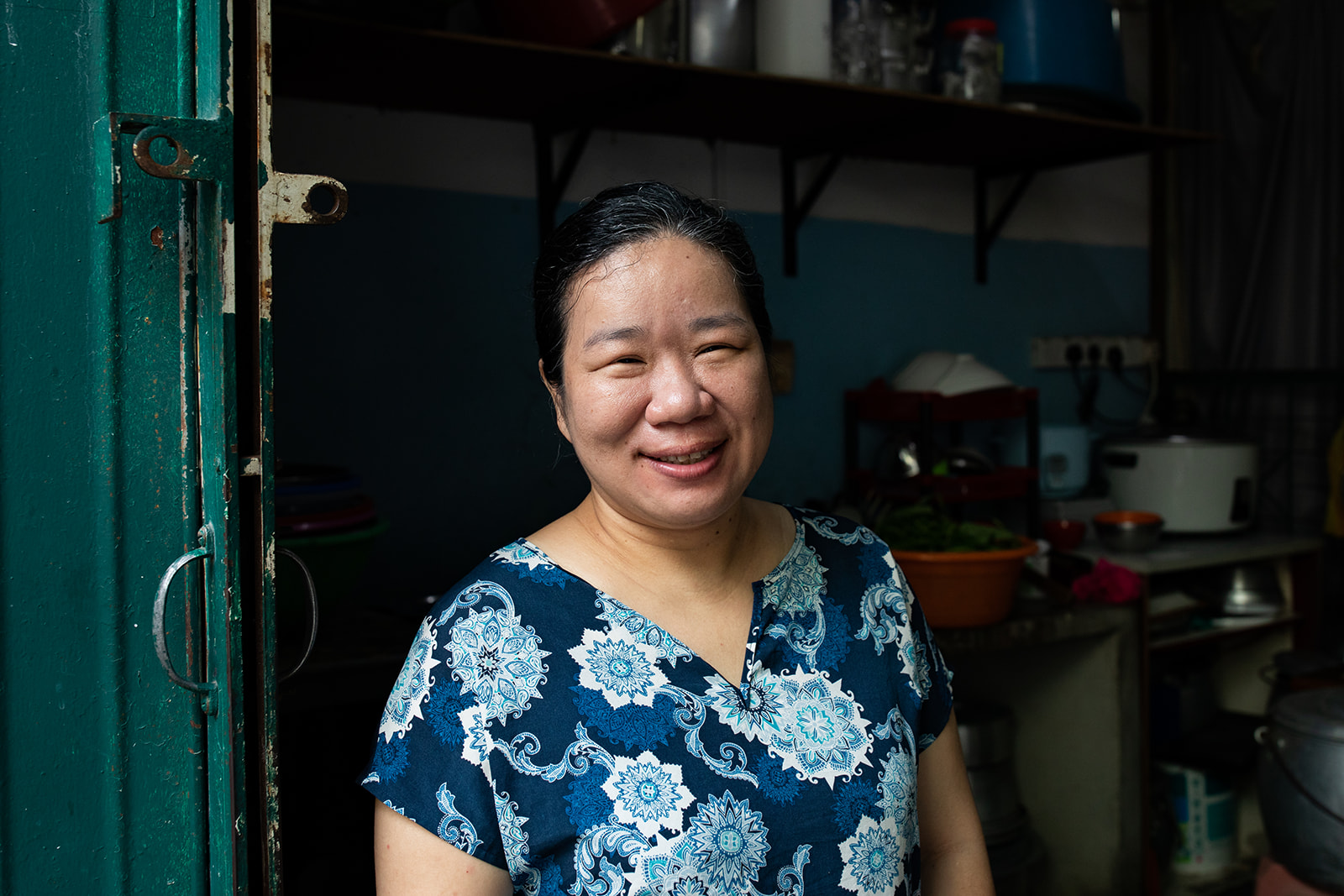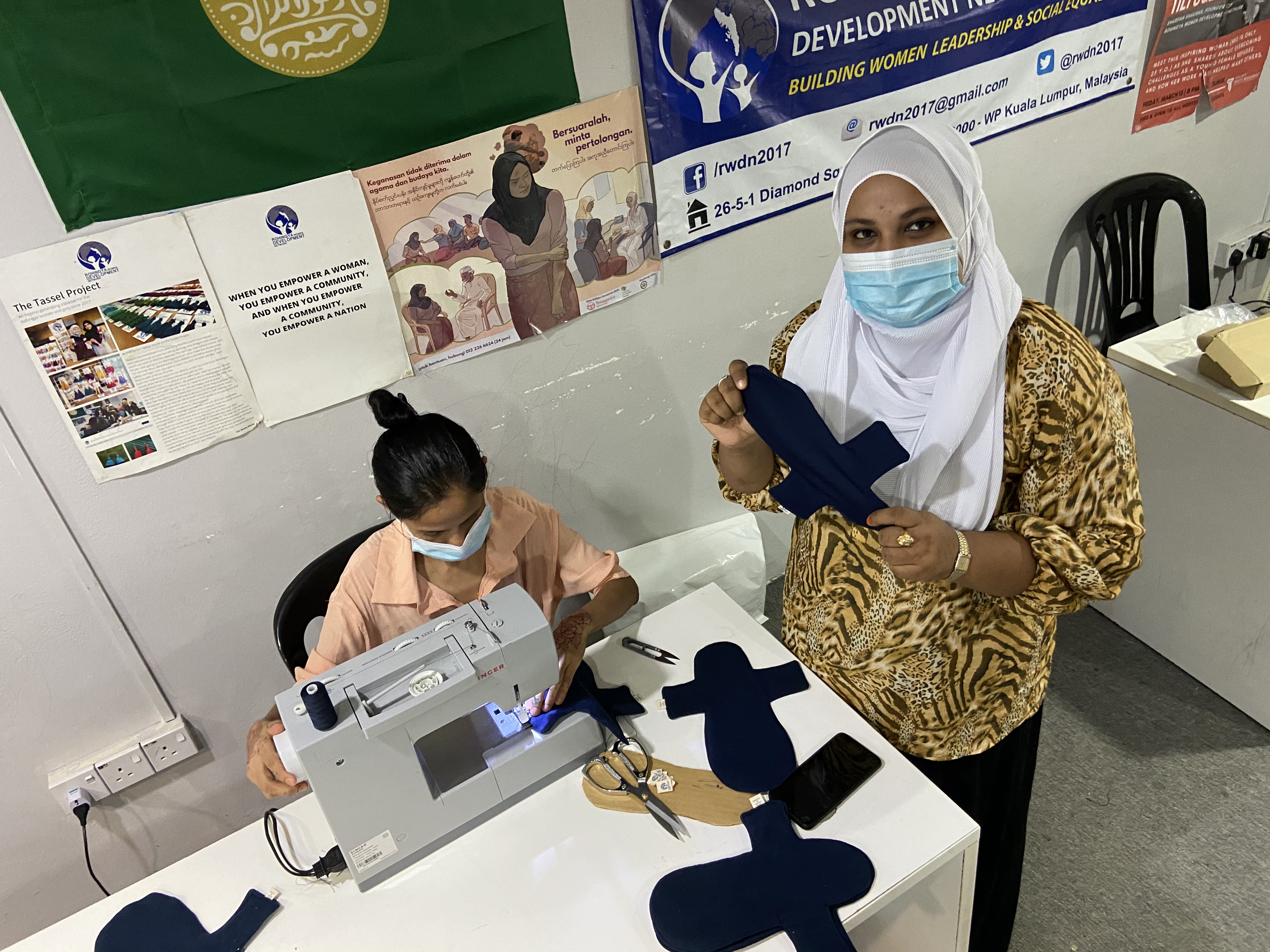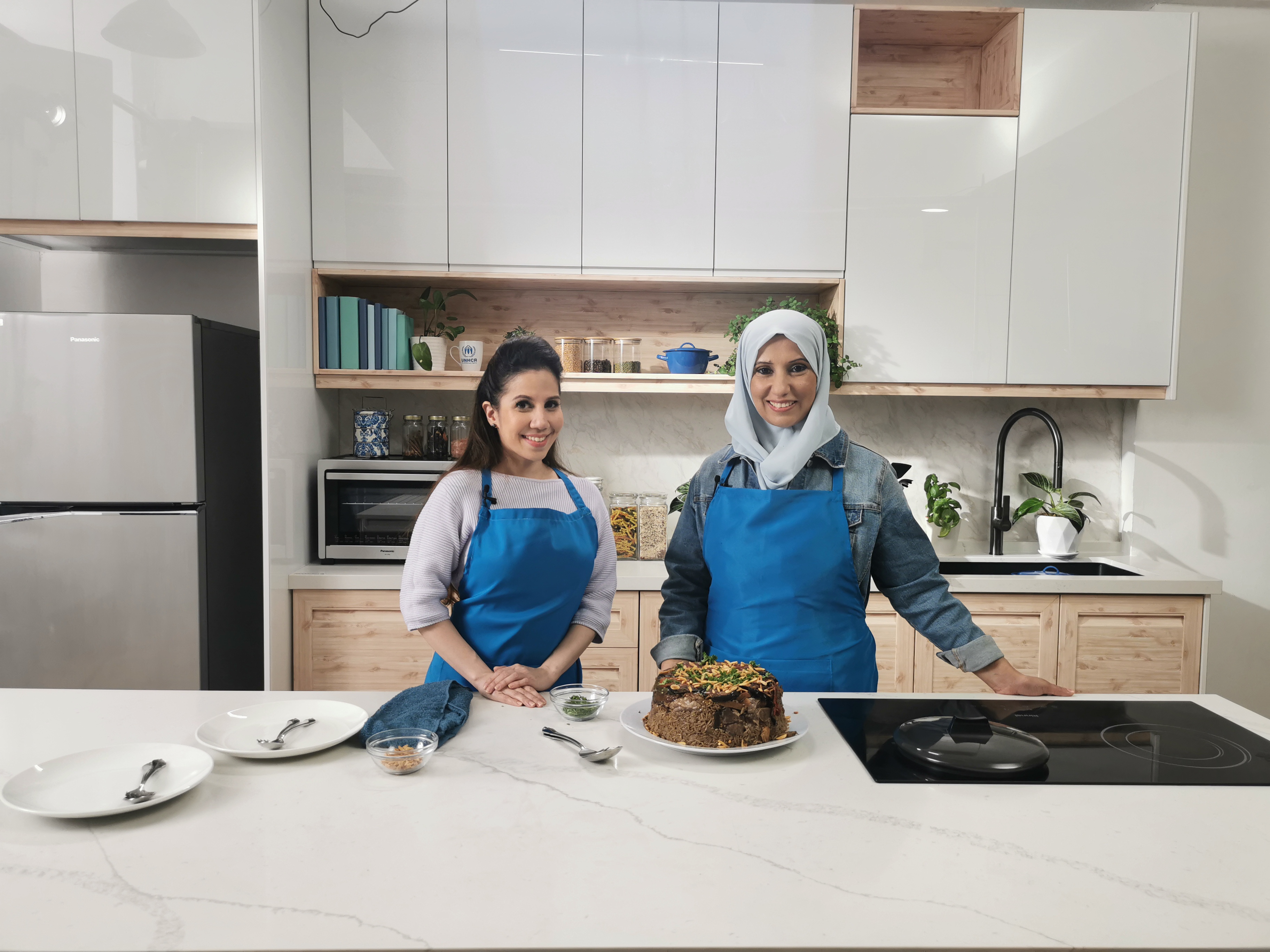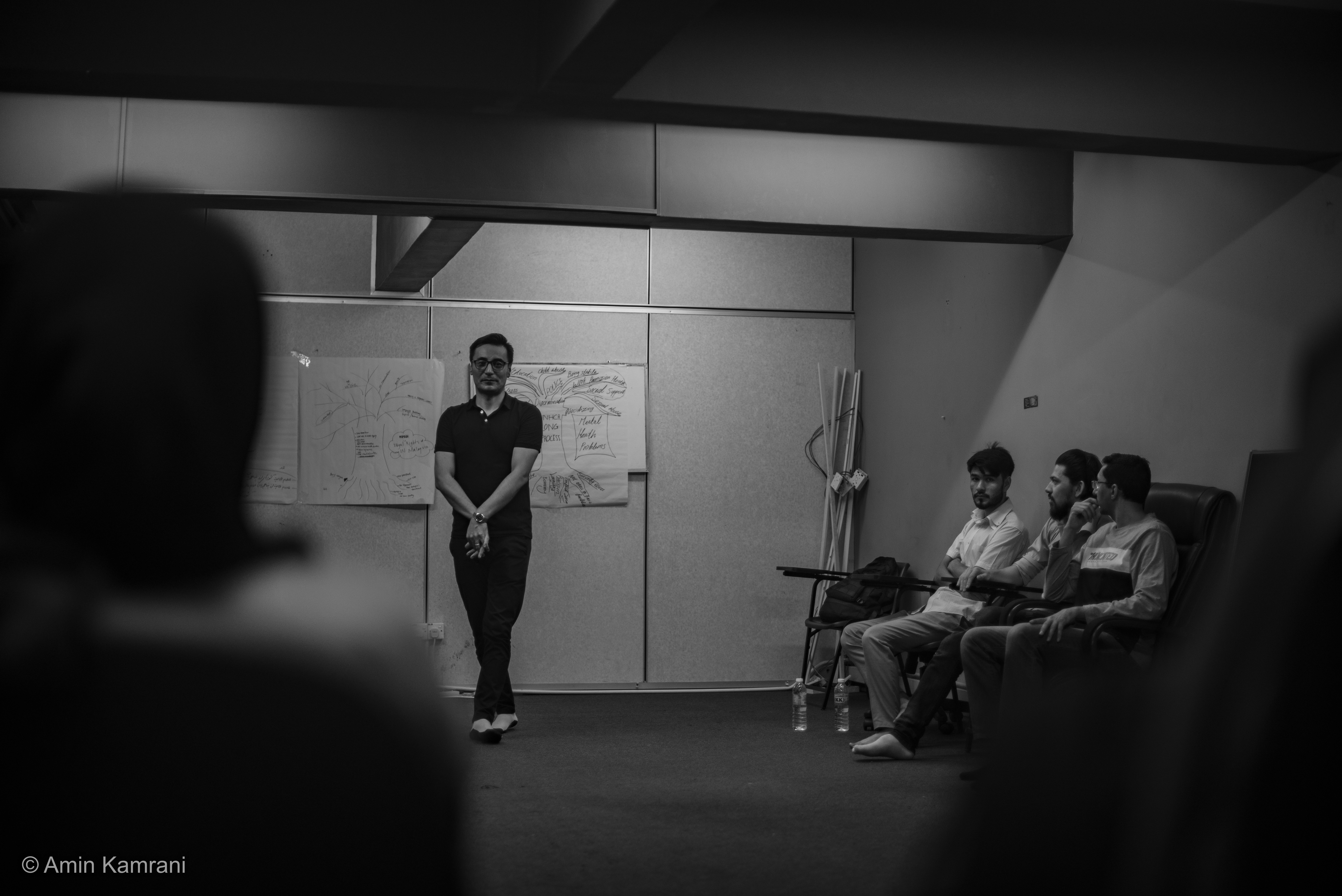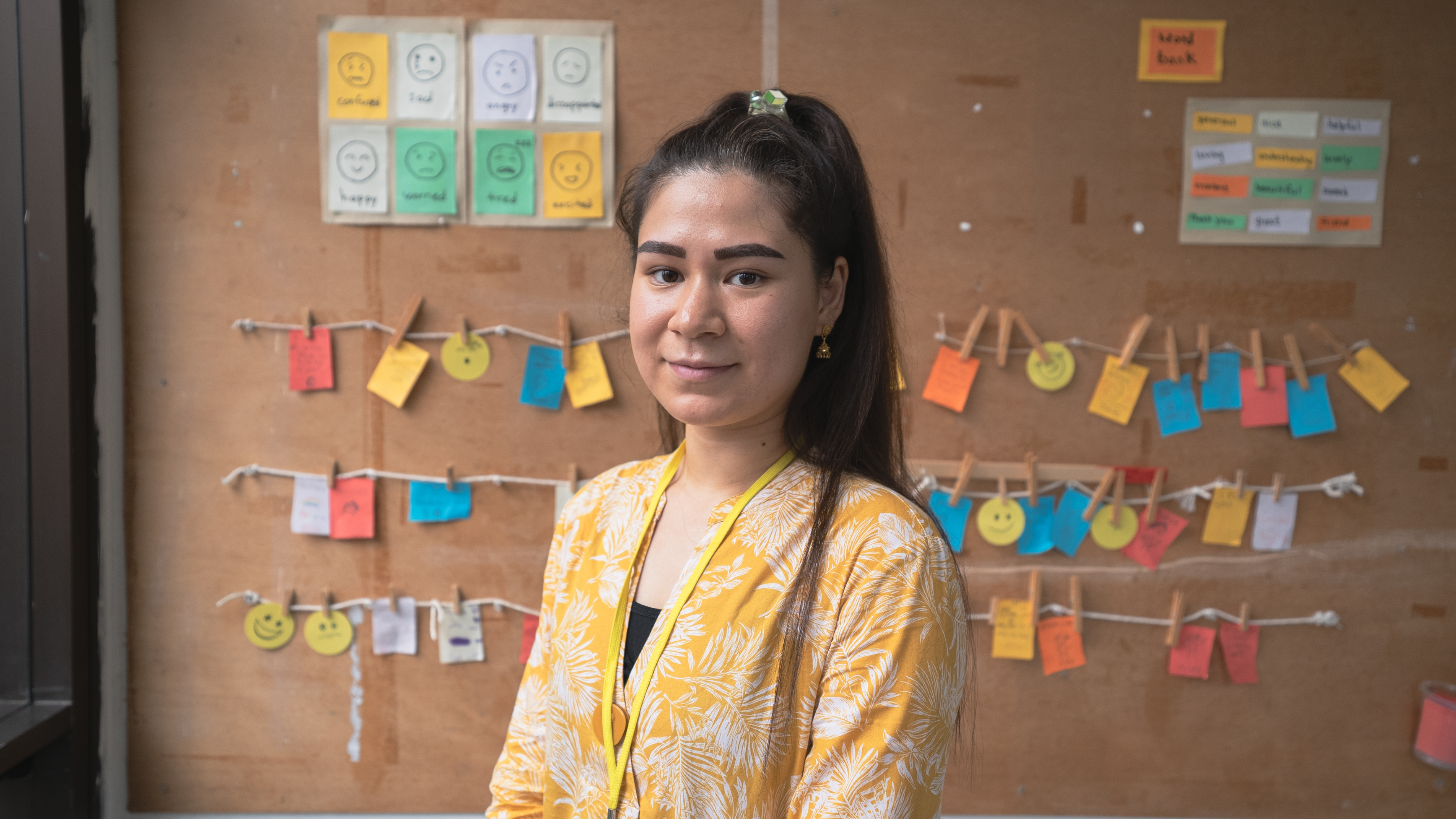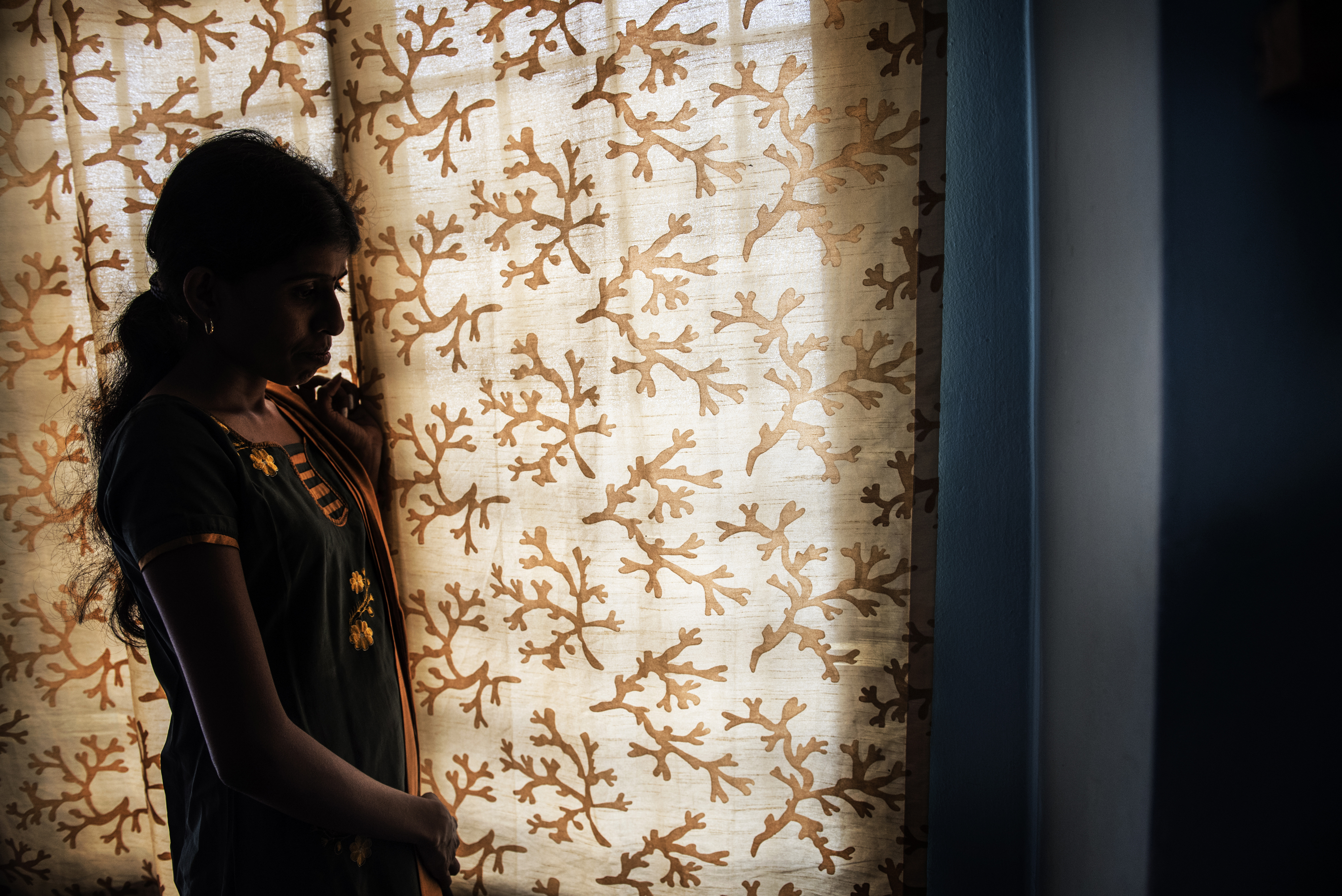The Healing Power of Love
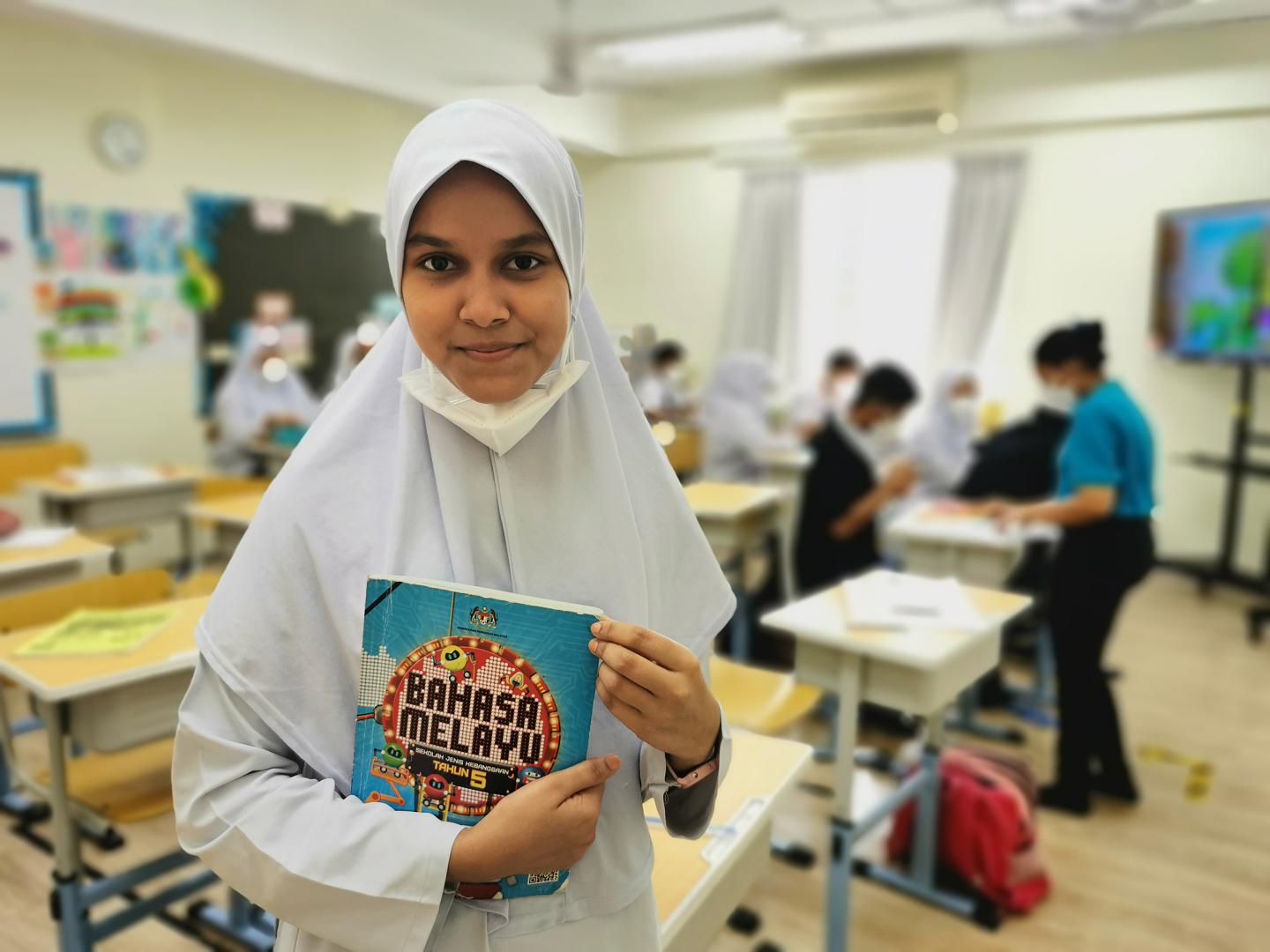
The Healing Power of Love
With a self-assuredness that belies her age, 15 year-old Rohingya refugee Onaisah Mohamad Harun expertly explains her father’s extensive drug and dosing regimen and complex schedule of doctors’ appointments for his cancer treatment. She knows it by heart.
Her father, 47 year-old Mohamad Harun, was diagnosed with advanced oral cancer in 2019. The ensuing chemotherapy and radiotherapy, as well as multiple surgeries to his mouth, and various other medical complications left him hospitalised for months on end in the following years.
While Onaisah’s mother, 43 year-old Halimah, juggled the demands of caregiving and managing the household, Onaisah rapidly became the primary manager of her father’s treatment regime.
In 2013, when she was six, Onaisah, her parents, and two other siblings came to Malaysia, after being forced to flee persecution in Myanmar.
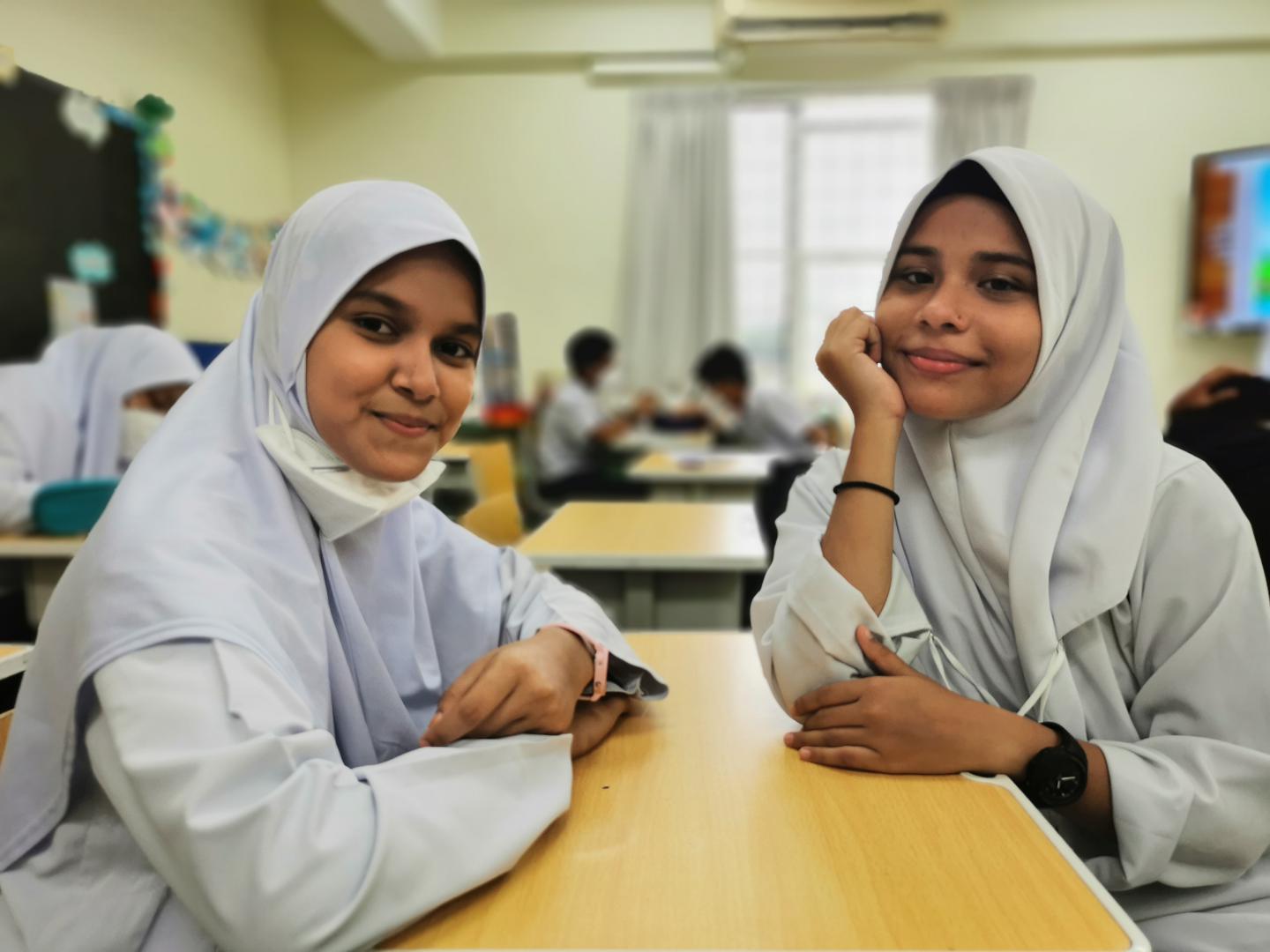
“I started school after I arrived in Malaysia, when I was ten years old,” said Onaisah. “Before I attended this school, I could not speak English or Malay. I could not read or write.”
“Access to education empowers Rohingya refugee girl take charge of her father’s cancer treatment.”
Onaisah attends a learning centre run by UNHCR’s NGO partner, the Buddhist Tzu Chi Foundation (TCF). This NGO also runs free clinics for refugees as well as provides support to UNHCR’s cash-based interventions for highly vulnerable refugees.
“I was lucky that I have been attending the Tzu Chi school. When my father was diagnosed, I was able to ask my teachers about my father’s illness, and they also showed me how to do research,” said Onaisah.
“I attended all the doctors’ appointments, and then I started to memorise all the medical results, his medications, and the scheduled treatments. When I didn’t understand anything, I would ask my teachers, or Sister Michele.”
Sister Michele Ng is a volunteer from TCF, leading the team of caseworkers who support Mohamad Harun and his family. These caseworkers have been an invaluable resource for the family.
“At the start, what the family needed more than anything was emotional support,” said Sister Michele. “They didn’t know what to do. They were unsure of what the medical results meant and which doctors to follow up with. It was quite overwhelming. They had many questions, and we were happy to answer and give guidance.”
Throughout Mohamad Harun’s treatment and surgeries, the caseworkers hand-held the family through patient care at home, especially wound-cleaning. But very soon, this became routine for the family. The caseworkers talk to the family or visit several times a month, and also provide advice on nutrition and financial management.
Onaisah, in particular, has amazed the caseworkers with her tenacity and determination to take control over her father’s treatments.
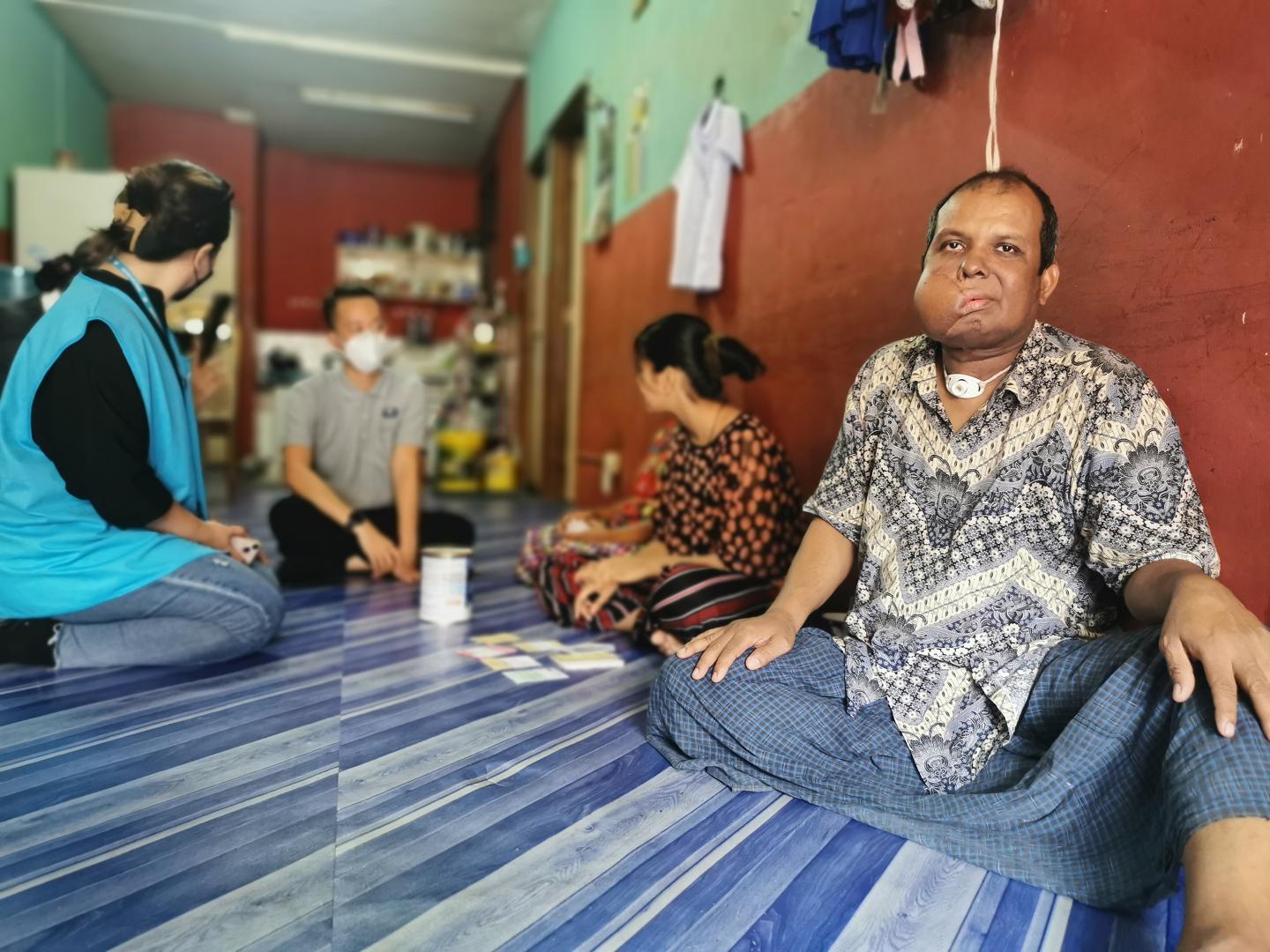
“I think Onaisah is remarkable. Very early on, she had a firm grasp of her father’s medical condition, and knew how to schedule multiple appointments together to minimise trips to the various hospitals – and save cost on transport,” said Sister Michele.
Mohamad Harun currently meets an oncologist, an Ear, Nose, & Throat specialist, a plastic surgeon, and General Practitioners, all of whom treat varying aspects of his illness and are based in different hospitals and clinics. Mohamad Harun meets them three to four times a month.
“Onaisah attends all her father’s appointments and would alert doctors when there are overlaps in schedule, or when they needed to wait before proceeding with certain procedures as results were not yet in on other procedures,” said Sister Michele.
Onaisah also acts as interpreter for her father - partly due to her language skills, but also because, as the cancer spread in his mouth and throat, it became more and more difficult for her father to speak clearly.
With infinite patience, she carefully listens to his muffled speech and translates for him. Her deep love for her father is evident and indubitable.
“I felt very sad when my father was first diagnosed because my father is my life,” said Onaisah. “He was always helping and working for us so that we can have a good life – not a hard life like he had. My father was not able to study and he wanted us to have an education. He sacrificed a lot for us. I am glad that I can help him."
“When he was diagnosed, we were also worried about money, how could we afford treatment, how could we go to the hospital.”
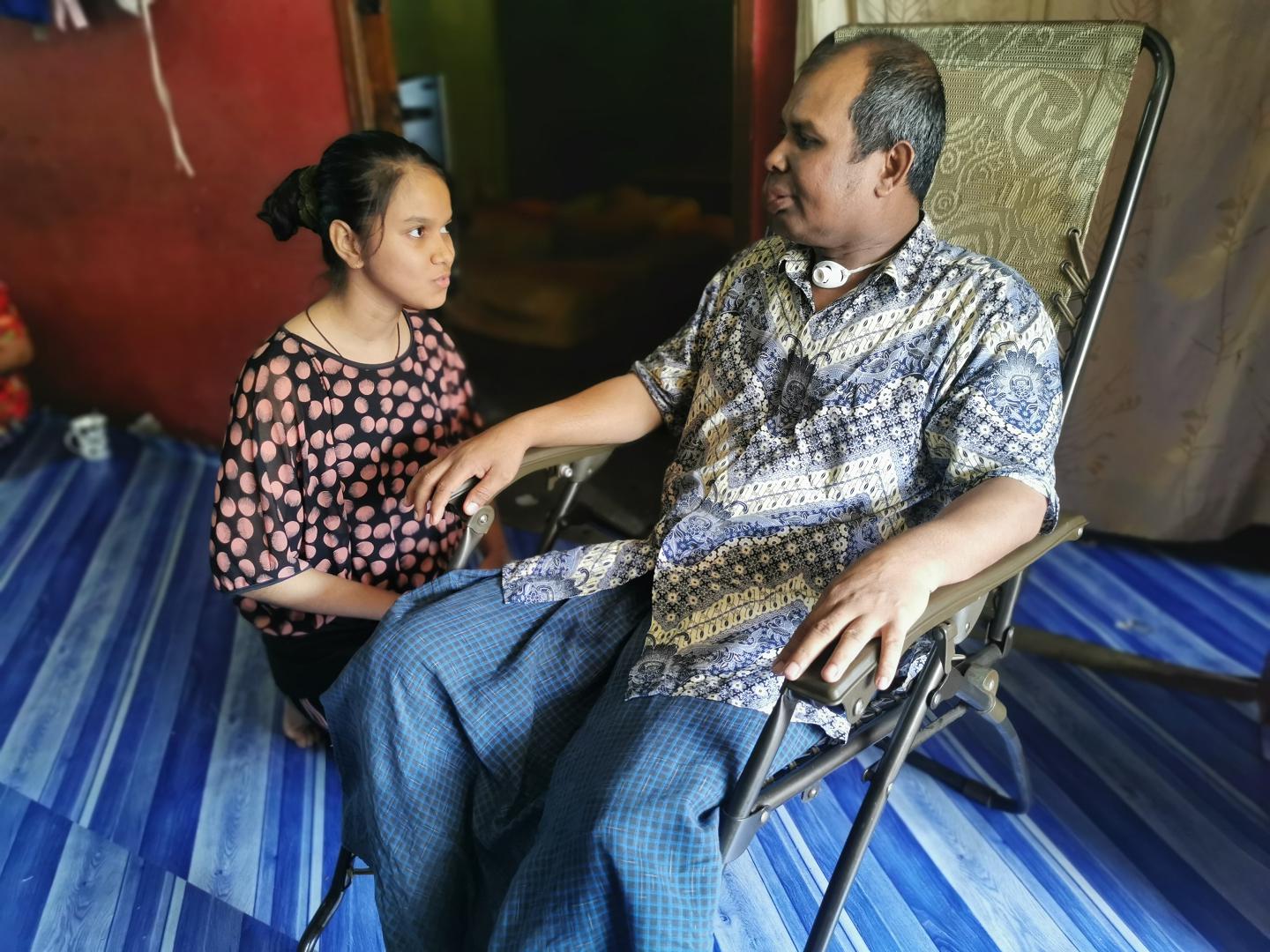
Up till his diagnosis, Mohamad Harun provided for his family by working in an auto repair workshop. The family now relies on the sole income from Onaisah’s older brother who works in a carpentry workshop, earning irregular income as an apprentice.
Fortunately, Mohamad Harun’s case caught the attention of TCF during his visit to their free dental clinic where a dentist noticed unusual growth in his mouth and quickly referred him for a biopsy test.
Once he was diagnosed with cancer, Mohamad Harun and his family were assessed to be highly vulnerable by UNHCR and TCF and needing special support. They received monthly financial assistance from UNHCR as well as additional assistance from TCF such as support for rent and highly nutritious milk supply for Mohamad Harun. Both organisations also support Mohamad Harun with medical expenses.
Onaisah and her family are deeply grateful for the help.
“This is a gift to our family,” said Onaisah. “When we were in Myanmar, my father always gave help to people in need, and now good people are helping us. I am so grateful to Tzu Chi, to UNHCR, and to my teachers for their help.”
Onaisah receives special permission to miss school on days that she accompanies her parents to medical appointments. In spite of this, she manages to excel in school, coming in fifth in her class in her recent mid-term exams.
“I love going to school. I love my teachers and my best friend, Khushidah. They give me support through everything,” said Onaisah.
“My father wants to see me and my siblings grow up and have better opportunities. I want to be a doctor. And I know my father wants to see me become a doctor.
My father told me, ‘be a kind doctor who will give free treatment to people who cannot afford’. This is the doctor I will be. I want to help people.”
*At the time of publication, Onaisah and her family have been successfully resettled to a third country through UNHCR’s resettlement programme.
*UNHCR greatly appreciates the contributions of our donors, including the European Union for its continued support under the European Civil Protection and Humanitarian Aid Operations (ECHO) funding.


